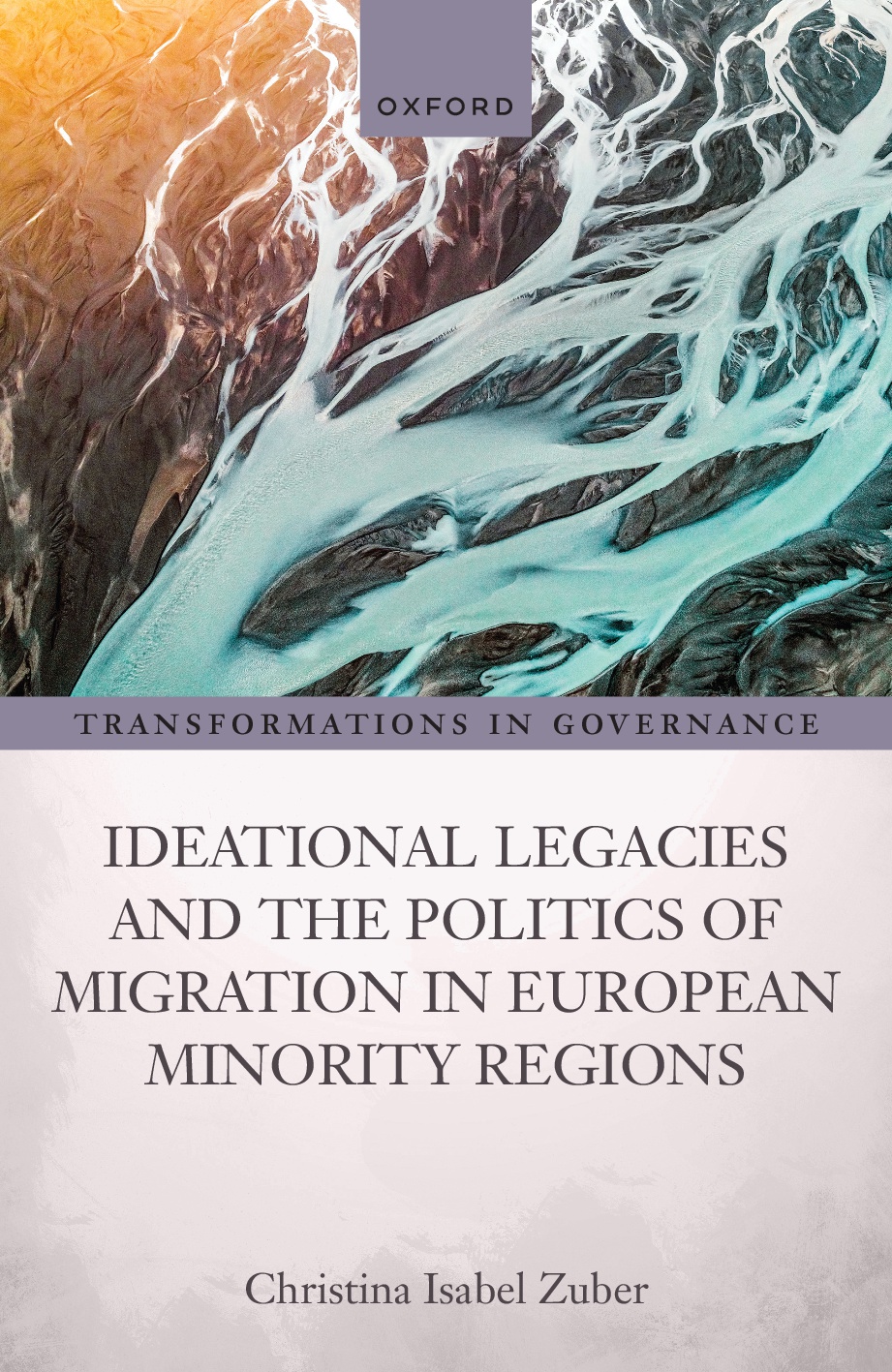
In her recent book, Christina develops a theory of ideational stabilization that serves to explain stable political choices over time despite radically changing economic and institutional incentives. Historical legacies are frequently invoked in both popular and academic accounts of the politics of migration, but the mechanisms of transmission of such legacies have so far been left underspecified.
How can long-gone events of the past influence political decisions of the present? Christina argues that the missing link between past events and present choices is ideational: initially a historical constellation of interests leads actors to defend policy ideas that match the historical environment. Over time, however, ideas can detach themselves from interests and stabilize into societal dispositions (i.e. shared values and identities). She posits two conditions under which political ideas are likely to turn into societal dispositions: Political elites need to actively build a discursive consensus around a given policy idea, and they need to connect the idea rhetorically to the shared values and to the conception of collective identity characterising the political community. Once discursive consensus and a connection to shared values and collective identity are in place, ideas (as dispositions) can influence policy-making in the long run, and even against strong countervailing rational incentives.
The book's empirical section analyses such ideational stabilization in Catalonia (Spain), which takes an inclusive approach to immigration, and in South Tyrol (Italy), where immigration is framed as a threat. The comparison shows that these differences can be explained by the political economy of historical industrialization and internal migration. Catalans were in the driving seat of industrialization, receiving unskilled migrant workers from the rest of Spain to boost their own economy. South Tyroleans, on the other hand, were in the passenger seat, perceiving incoming Italians as colonizers. Over time, socioeconomic conditions changed, and internal migration was replaced with international migration. Yet with historical ideas having stabilized into dispositions, political and administrative elites continued to understand immigration through the now-obsolete perspective of economic opportunity in Catalonia and ethnic competition in South Tyrol.
The book was based on Christina's field work in both regions where she conducted interviews, visited archives and collected qualitative and quantitative data. It contributes to debate about the explanatory power of ideas in comparative public policy, and to the literature on the politics and policies of migration and integration in Europe. It was published with Oxford University Press in May 2022.
In a recent blogpost Why migration politics in Germany is stuck in the past in The Loop, Christina uses the ideational legacies framework and goes beyond it to analyze why outdated policies are upheld against pressing needs for change.
